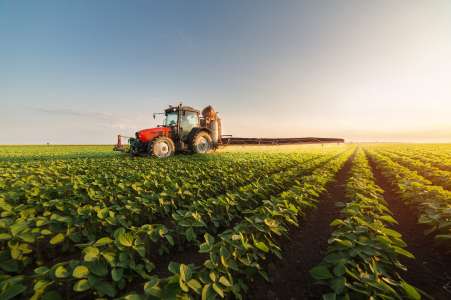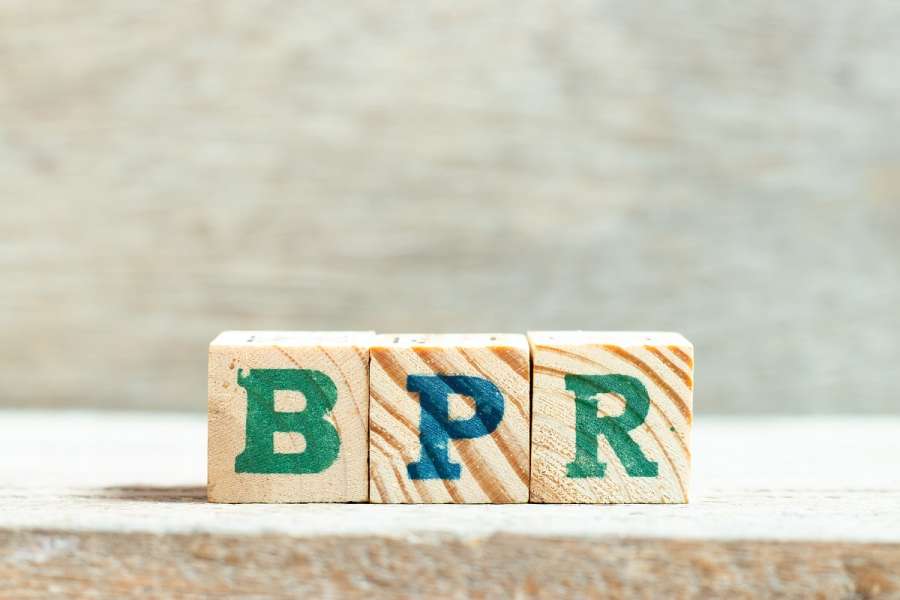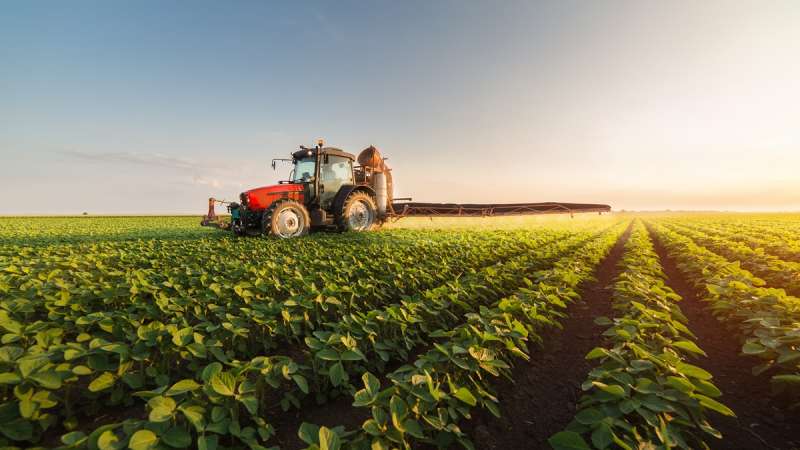
Data from 2022 shows that the value of farmland in England was at an all-time high, with the average price of arable farmland at £10,600 per acre.
With the average farm size in England being about 215 acres, family farms can be worth well in excess of £2 million without even considering the value of the farmhouse.
In the UK, Inheritance Tax (IHT) is generally charged at 40% unless certain exemptions or reliefs apply.
Everyone has an allowance of £325,000 (the Nil-Rate Band (NRB)) that is taxed at 0%, but this covers assets passing both on death and in the seven years before, so it can be exhausted before someone dies, leaving the whole of their estate potentially liable to tax.
In addition to the NRB, where someone leaves their main residence to their direct descendants, their estate may be eligible for an additional exemption of £175,000 called the Residence Nil-Rate Band (RNRB).
The downside of the RNRB is that it is reduced by £1 for every £2 someone's estate is worth over £2 million, and when calculating if an estate is worth over £2 million, any reliefs (discussed below) are not taken into account.










